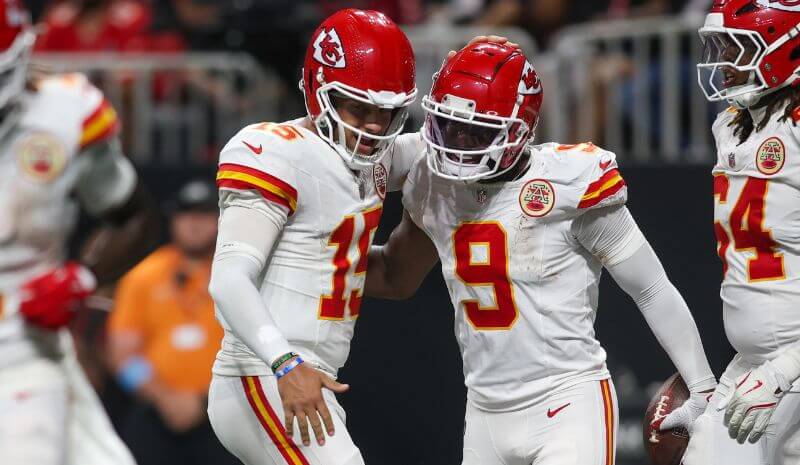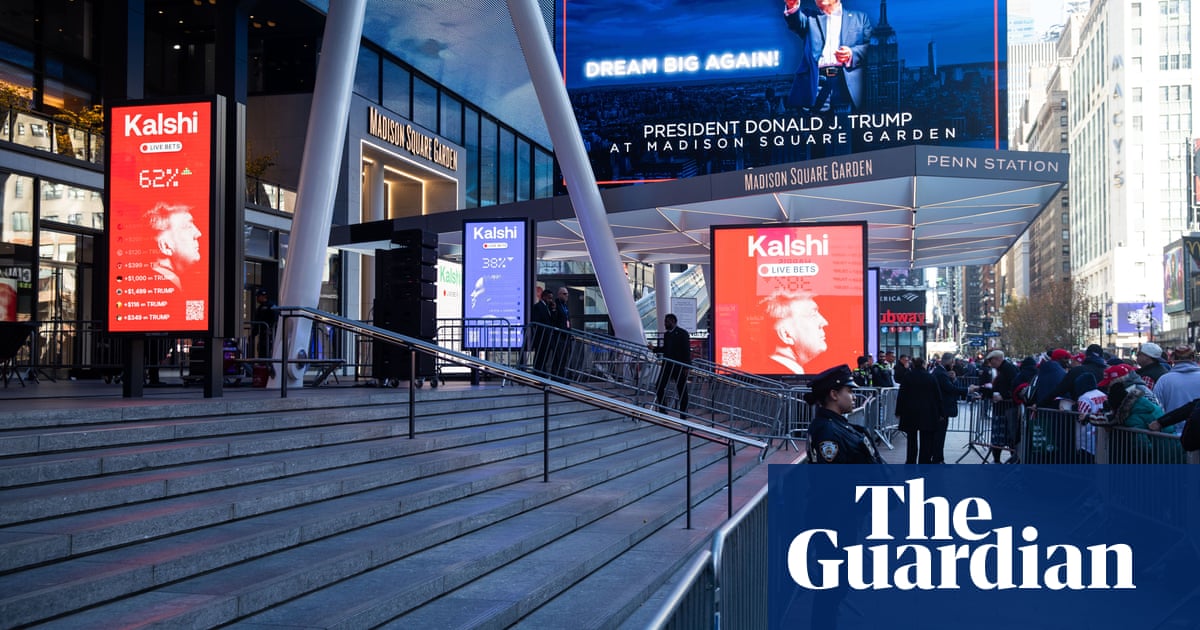

Days after Caesars spent $4 million opposing a Missouri sports betting ballot measure, the nation’s two largest sportsbooks doubled their contributions to support the initiative.
The nation’s two largest sportsbooks have doubled their seven-figure investments in the Missouri sports betting legalization campaign, days after a rival book funded an organization to prevent it.
DraftKings and FanDuel each contributed $5 million last week to the political action campaign supporting a sportsbook legalization measure on the upcoming ballot. The nation’s leading sportsbooks by national market share have now spent around $10 million apiece backing the measure.
The two have given nearly all of the $20 million raised by Winning for Missouri Education, the committee that organized a voter signature drive to get the measure on the ballot. The group is now focused on building support for legal sports betting among Missouri voters.
If a majority of voters support the amendment legal sports betting would be set to begin in Missouri in 2025. Thirty-eight states and Washington D.C. have at least one legal retail or mobile sportsbook.
The latest investment comes days after Caesars spent $4 million funding a group to oppose the measure. Though Caesars would be eligible for a statewide mobile sports betting license in Missouri and retail books at its three properties in the state, the regulatory structure proposed in the ballot language could limit Caesars’ financial opportunities – and potentially boost DraftKings and FanDuel.
A spokesperson for Caesars did not immediately respond to a request for comment.
Missouri sports betting background
If approved by a majority of voters on the 2024 ballot, Missouri’s six casino operators would each be eligible for one online sports betting license apiece. Five of the six – Caesars, Penn Entertainment, Boyd Gaming, Affinity Interactive, and Century Casinos – operate multiple casinos in the state. The sixth, Bally’s, only operates Bally’s Kansas City.
In most other states that tie online sports betting licenses with brick-and-mortar casino operations, an operator is permitted one (or more) sports betting licenses for each property managed. Since Caesars owns three casinos in Missouri, as an example, regulatory structures in other states would give the company at least three potential sports betting licenses.
Multiple license opportunities give companies the chance to have a second or third brand along with their flagship. More commonly, brick-and-mortar casino operators strike a partnership with a competitor that grants them the potential for a license, receiving some form of compensation in exchange.
FanDuel and DraftKings both contributed $5 million to the Missouri sports betting ballot initiative campaign last week; for the year, the books have each contributed roughly $10 million apiece
— Ryan Butler (@ButlerBets) September 23, 2024
The current Missouri sports betting structure also allows two “untethered” licenses to be awarded to companies that don’t have to partner with a brick-and-mortar casino property manager.
The language would seem to give DraftKings and FanDuel, largely through their large national market share, the clearest path to these two licenses. They would have to pay the state a licensing fee but would not have to partner (and pay) a competitor to offer mobile sportsbooks.
Additionally, the state’s six major professional sports teams would be able to partner with mobile operators for one mobile license apiece. This adds more competitors for one of the limited tethered sportsbook licenses.
Caesars had remained publicly silent on the Missouri sports betting measure but its contribution to the formal opposition group makes its stance clear. The other Missouri casino operators have not publicly stated their positions on the measure.
New aspect of tight campaign
DraftKings and FanDuel’s multimillion-dollar investments add a new wrinkle into what could be a close vote.
Winning for Missouri Education has posted a video ad focusing on the tax benefits for public education projected for legal sports betting taxes. An audio ad on Missouri sports talk radio stations focuses on the ability of Missourians to bet from their home state instead of traveling to Kansas or Illinois to place wagers.
The Caesars-funded opposition group, Missourians Against the Deceptive Online Gambling Amendment, has not publicly announced any spending since it formed earlier this month. Jacqueline Wood, who unsuccessfully sued to keep the measure off the ballot, is listed as the group’s treasurer.
Two polls taken in the past month have shown around 50% support, with roughly 25% opposition and 25% of voters undecided. Sports betting backers are boosted by the results, assuming they can secure the “yes” votes and attract a portion of the undecideds.
Still, this comes before a formal opposition campaign which could begin swaying voters.
The state’s first absentee ballots will be mailed out before month’s end. Election Day is Nov. 5.







